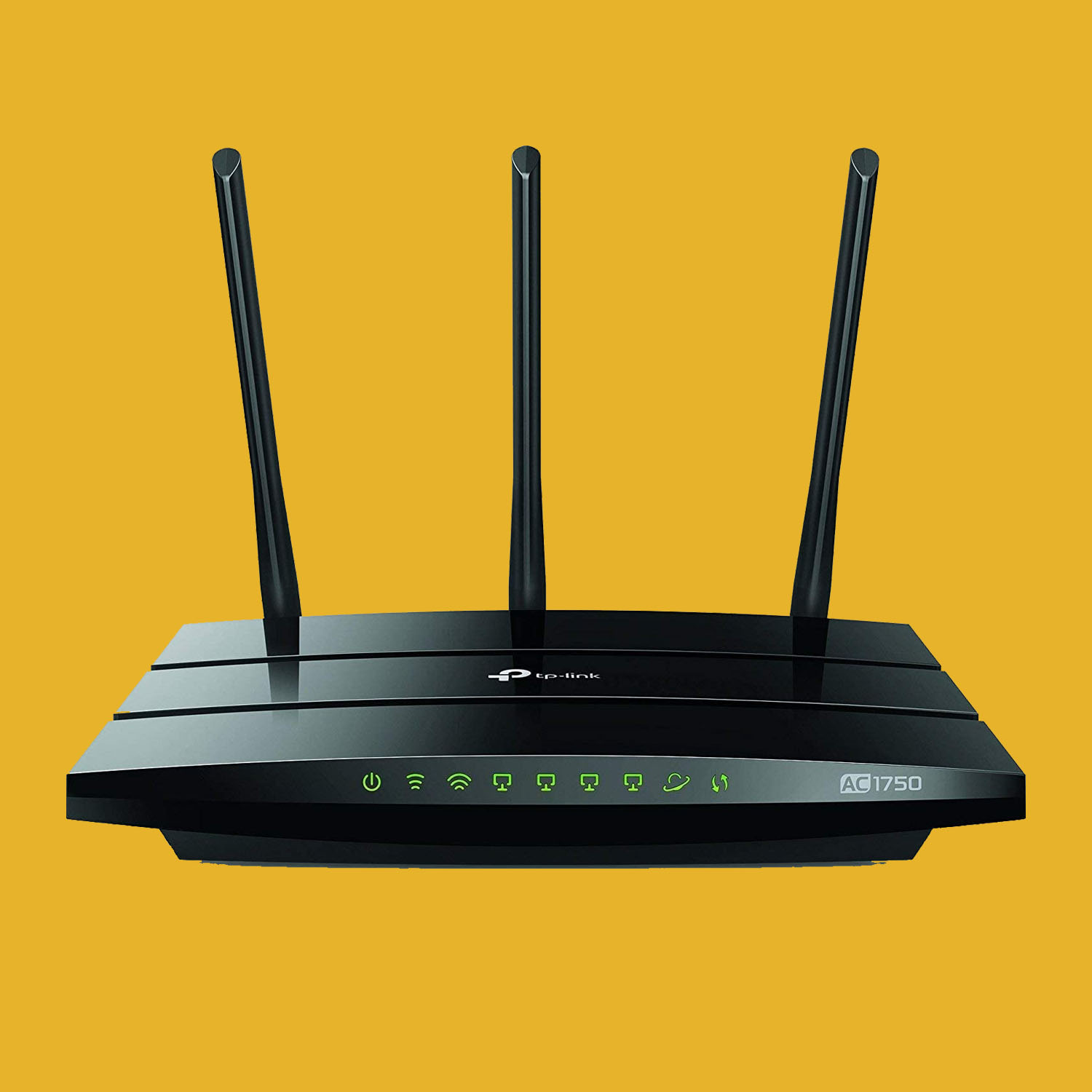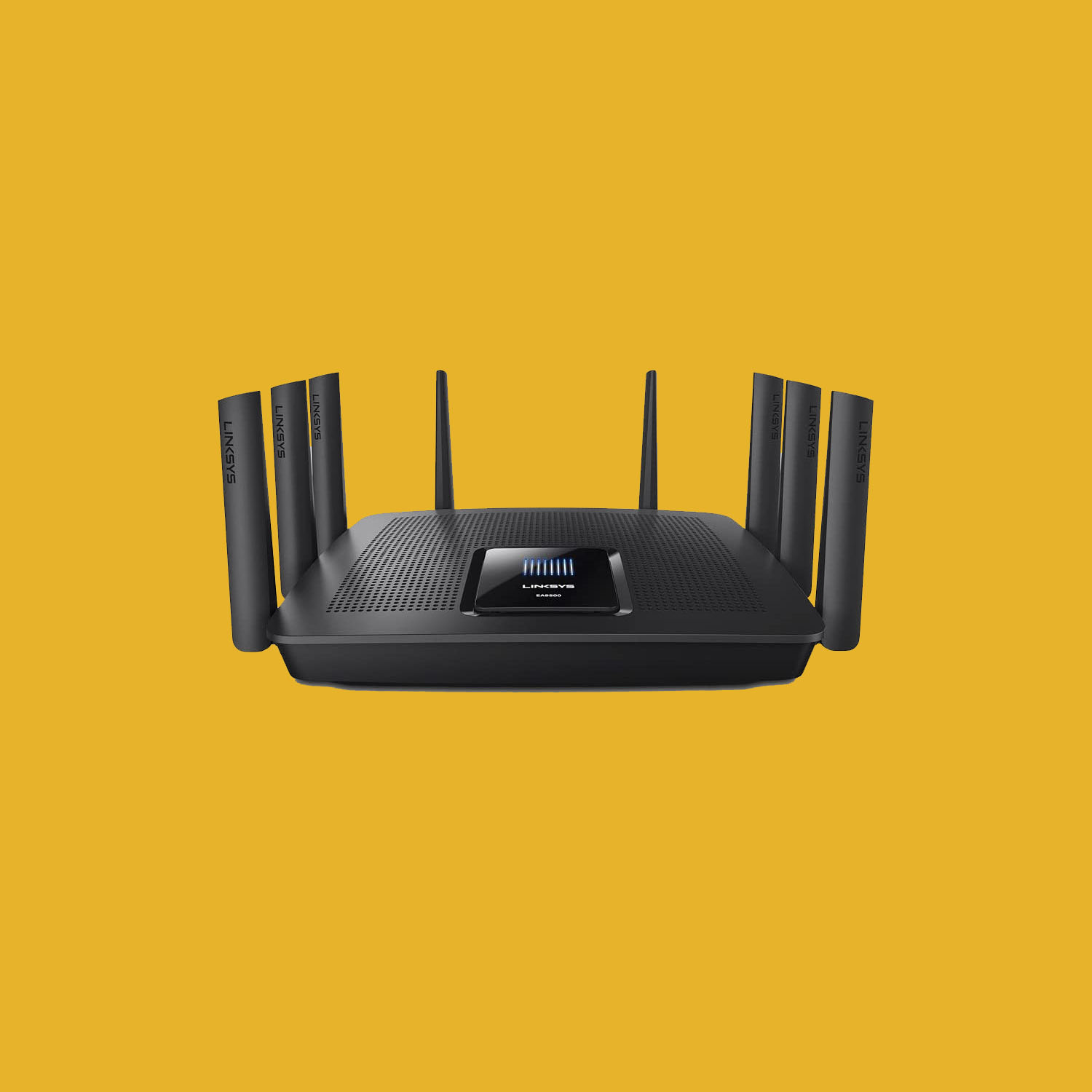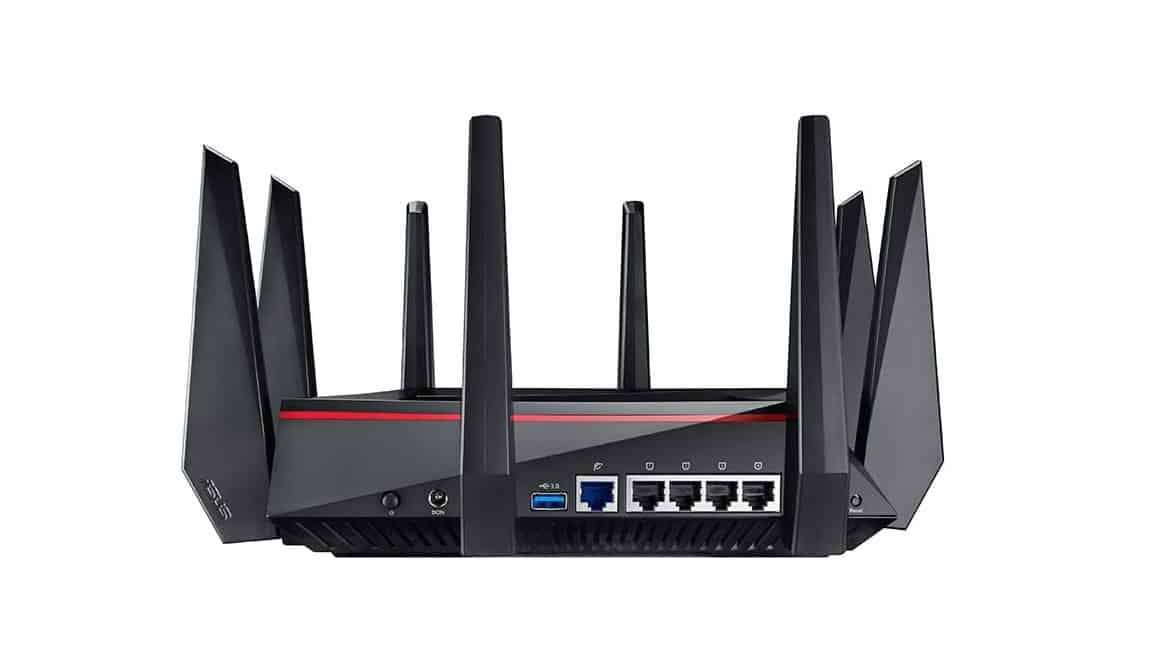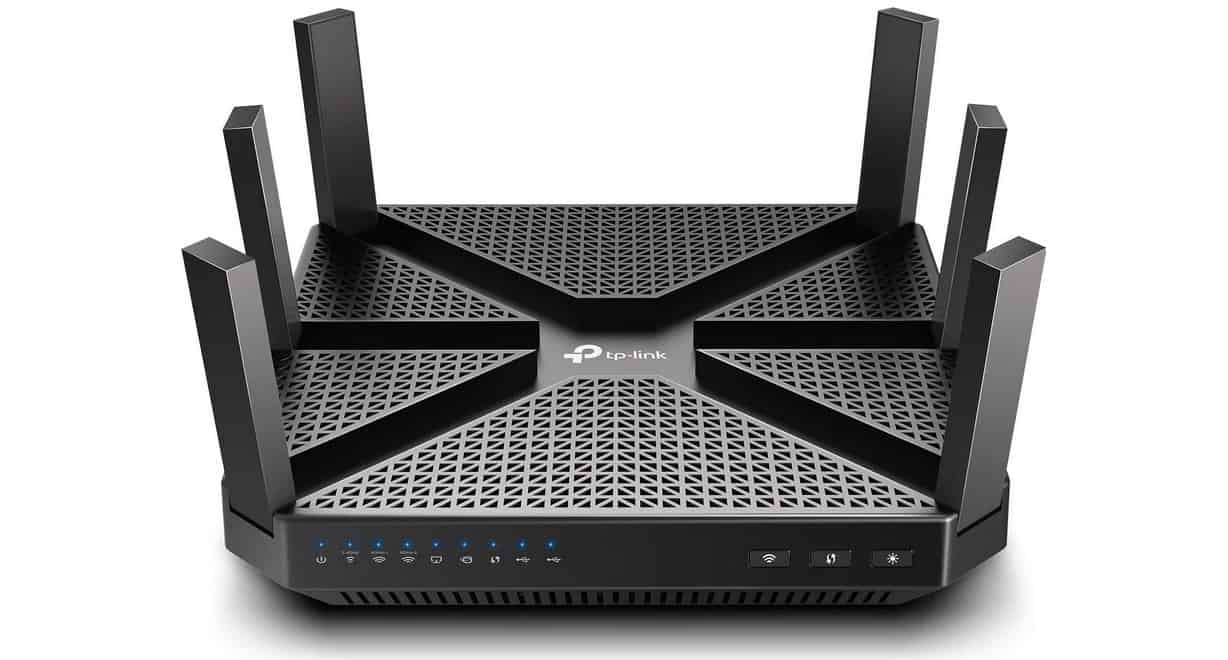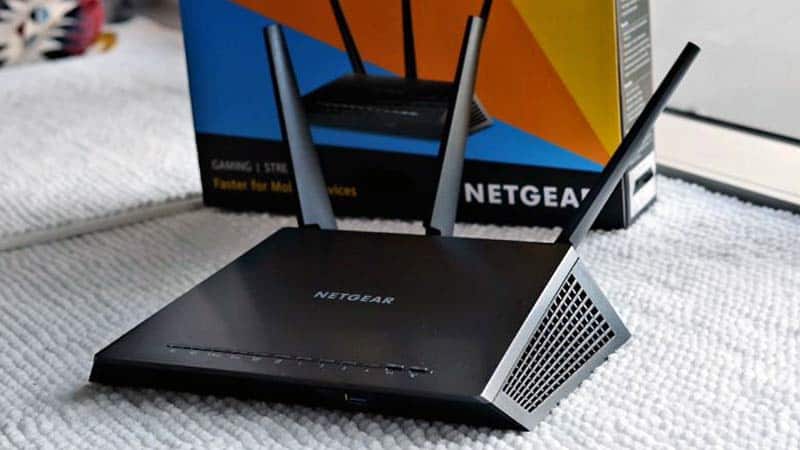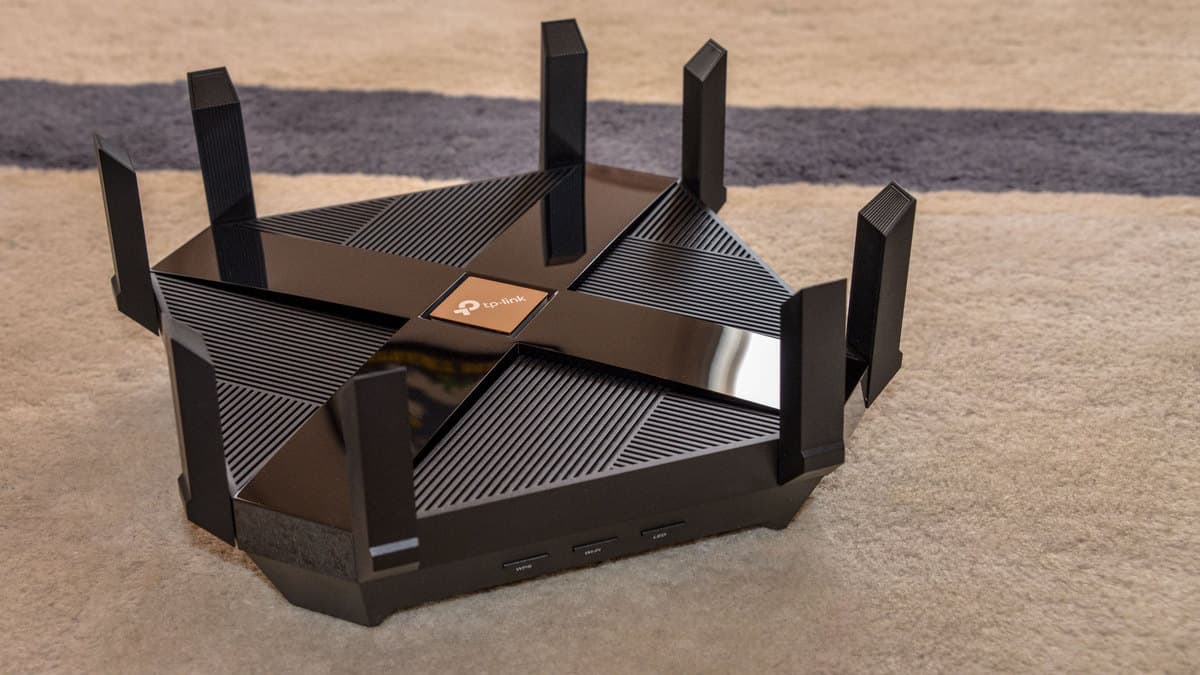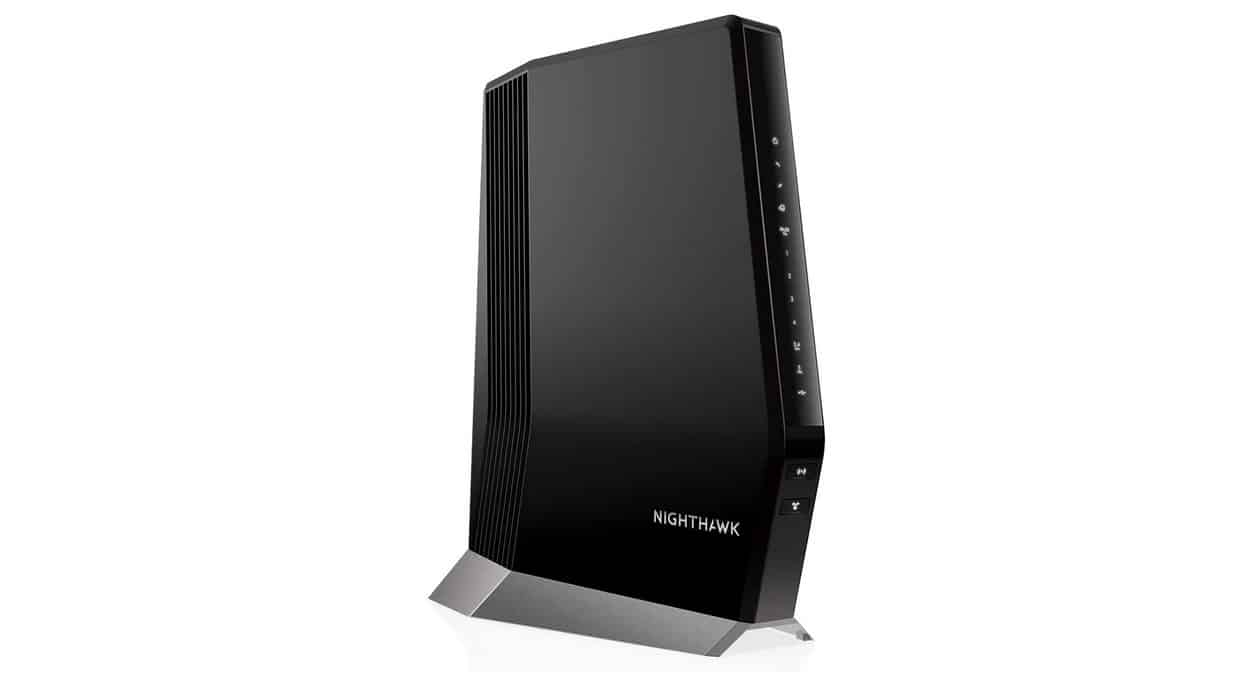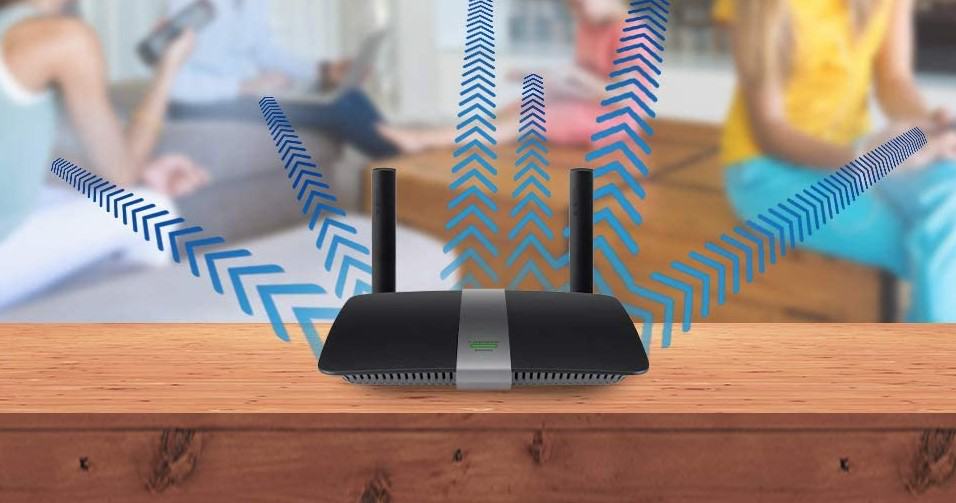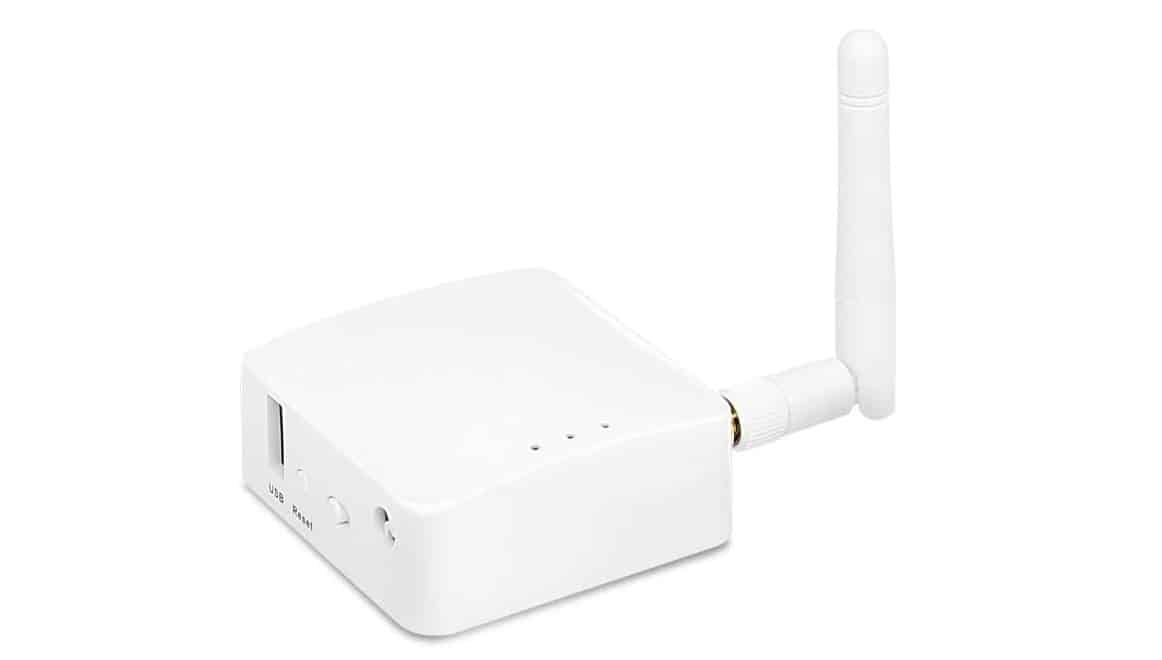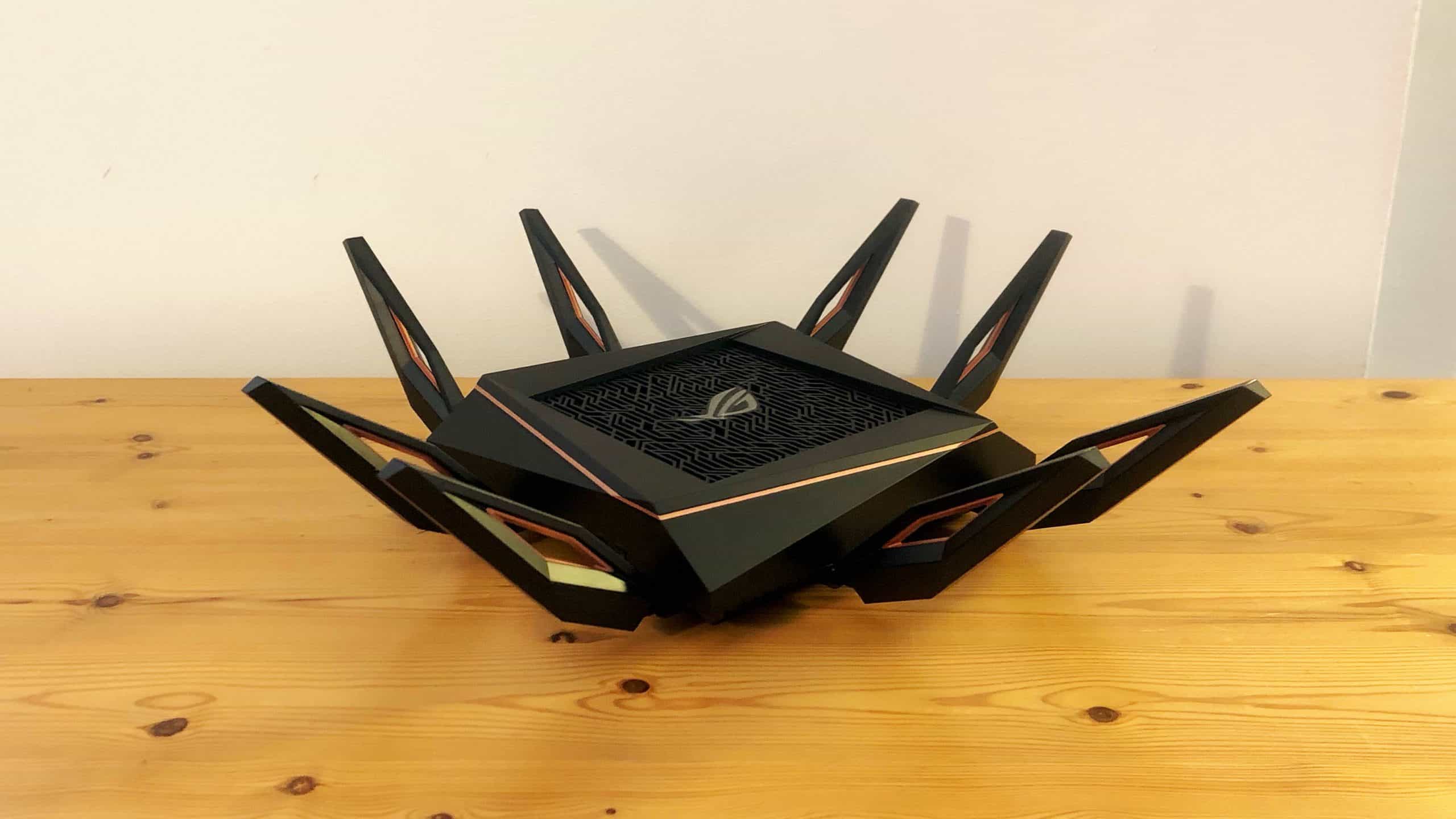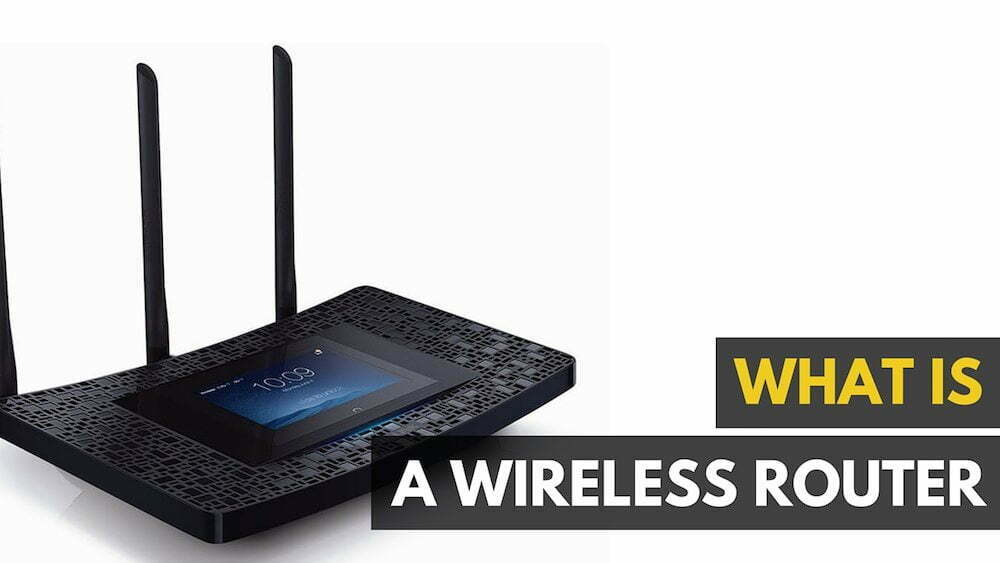
If you are looking for the best router, read this first.
The Asus RT-AC88U Gaming Router is a wireless router. When we talk about what is wireless router, it’s hard not to state the obvious. What makes a wireless router different from a regular router? Do you actually need one, or will a standard router do the job just as well? Is “WiFi” any different from “wireless”? What are the best Wireless Router Features to Look Out For?
And what exactly is it that makes a router “wireless”, and why should you care? Don’t worry, dear readers, all these questions and more will be answered, and all you need to do is read on to find out.
What is a Wireless Router?
To put things bluntly, the added functionality of a wireless router comes in just from where the name implies: in its wireless capabilities.
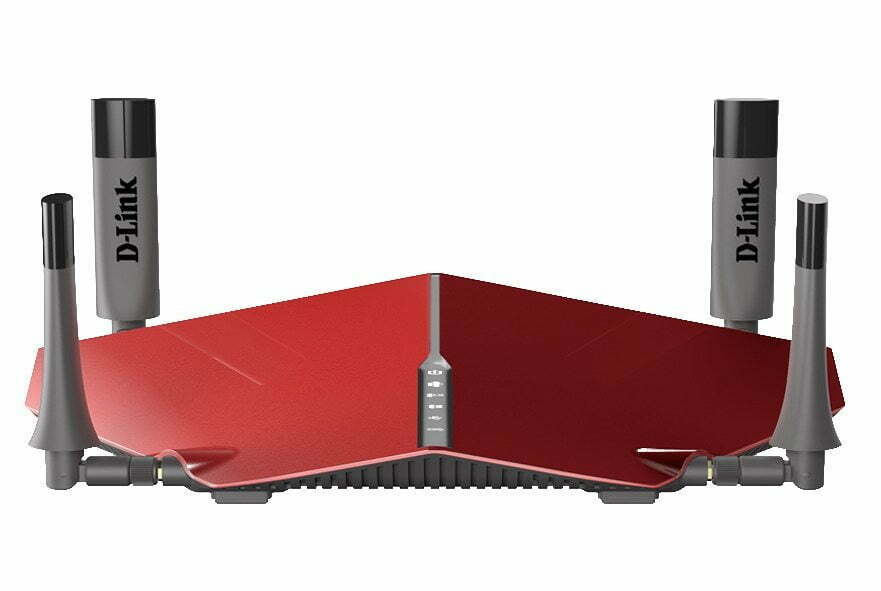
This means that instead of having to connect a physical ethernet cable from your laptop or computer to the router, you can connect over the air using the 802.11 wireless standard.
The standard gets its name from the frequency of radio waves that are used to transmit data to and from the device, which allows you to do everything from surfing the web, watching YouTube, or downloading files completely over the air.
Wireless routers are essential in homes where multiple people want to connect to the internet from more than a single base station, especially if you own a smartphone, tablet, or laptop that doesn’t come with its own ethernet port.
Read: Best Wireless Router 2018 Reviews
As WiFi increasingly becomes the de facto standard for how people choose to connect to the web, many standard routers have been all but completely phased out of production in favor of their wireless counterparts.
But what separates a WiFi-based router from other types of networking equipment?
What Makes a Wireless Router Different From My Modem?
Of all the questions people have when shopping for a new router, this is probably the one that gets asked the most.
When discussing networking equipment, it’s impossible to ignore one of the biggest points of confusion for the average consumer.
The difference between a wireless router and an internet modem is as follows: a modem takes the signal from your ISP (Internet Service Provider, think Comcast or Time Warner), and converts it into data that can be either downloaded or uploaded from the computers in your home. It does this by transforming the signal that travels over either your cable line, phone line (DSL), or fiber optic line, and then pushes that data into the router.

Your router is responsible for splitting up that signal into more than one channel, so that more than one device can share a single IP address. Your home gets one address sent by the ISP, and a router splits that up into any number of individual streams that go to all your favorite devices.
The reason this is confusing for many consumers is because lately, it’s become the new trend for ISPs to bundle their modems and wireless routers together into a single unit, despite both devices serving very different independent functions.
So in summary: the modem converts your ISP’s raw data into an internet signal, and your wireless router splits it up so that more than one person is capable of using it at a time.
Switches, Routers, and Repeaters
Next, it helps to know what separates a wireless router from other popular forms of consumer networking products out there.
The first is a switch, which for the most part has been phased out of the consumer market in favor of routers. It used to be that if you wanted to get a DSL connection live you would have to go through a switch first, but now pretty much every router on shelves takes care of both creating your network, as well as linking your devices to the internet at the same time.
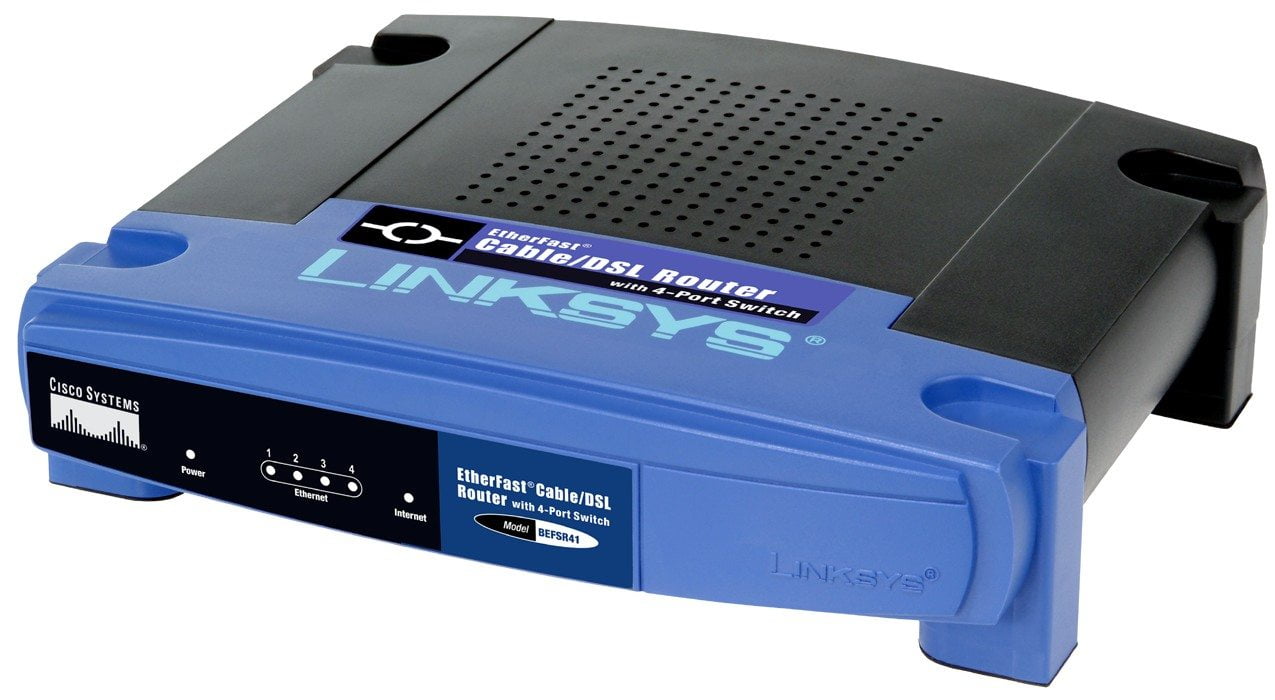
After that, there are standard, non-wireless routers. As mentioned in the previous section, these are routers that contain no WiFi component whatsoever, and will only network devices together if you’re using a physical Ethernet cord.
Last, there are Wi-Fi repeaters. These tend to change names depending on the company that makes them (repeaters, boosters, signal extenders, etc), but in general they’ll fall into the category of any devices that allow you to extend your wireless signal beyond where a Wi-Fi router can reach on its own. Almost always they’ll be about half the price of what you should expect to pay for a normal router, and will work just as their name implies.
Using an ethernet connection, extenders will “boost” your original signal, using another set of antennas to repeat a signal further down the line so it can reach places where you might otherwise lose bars.
Features
Almost all modern routers manufactured today will come complete with a standard set of features that help the user customize and protect their online experience.
Some of the more obvious settings include protective settings like the internal firewall, selective port forwarding, and QoS controls, all of which help to secure your network from potential threats that may attempt to come down over the wires.
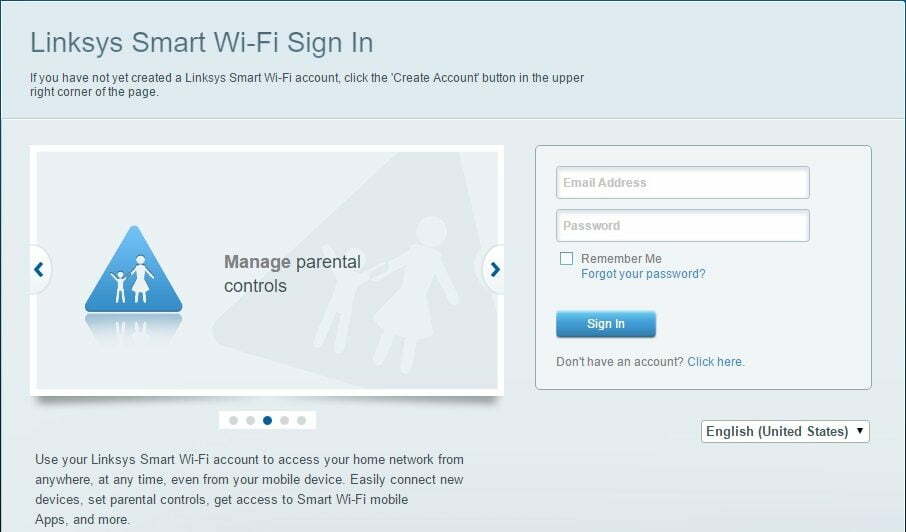
Lesser-known features on the other hand can prove just as useful however, including neat tricks like parental controls that can designate specific hours when certain devices are allowed access to the network, and when it gets shut down. Tired of trying to get your kid to stay off their phone after bedtime, or using their iPad before they go to school? Simply choose the device in your parental control panel, and designate when it’s allowed to be on the internet, and when it gets shut down for the night.
Other perks include the ability to boost the bandwidth of certain devices while restricting others, a type of traffic management that prove hugely useful in crowded households. Want your PS4 to get all the space it needs to stream HD Netflix in an instant, but don’t think your spare laptop really needs the extra space? Simply give the IP address of the PS4 priority, and now when the two are both on the same network at the same time, they won’t be forced to fight for streaming supremacy.
Of course, the exact features your router will have available will ultimately come down to the model you choose and the manufacturer, but overall you can expect any wireless router worth its salt to do exactly what the name implies; provide a solid, reliable wireless internet signal spread out in every direction from the base station, and give you the ability to jump onto your favorite web portals no matter where you’re lazing about in the house.
Related Articles:

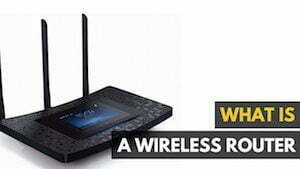


















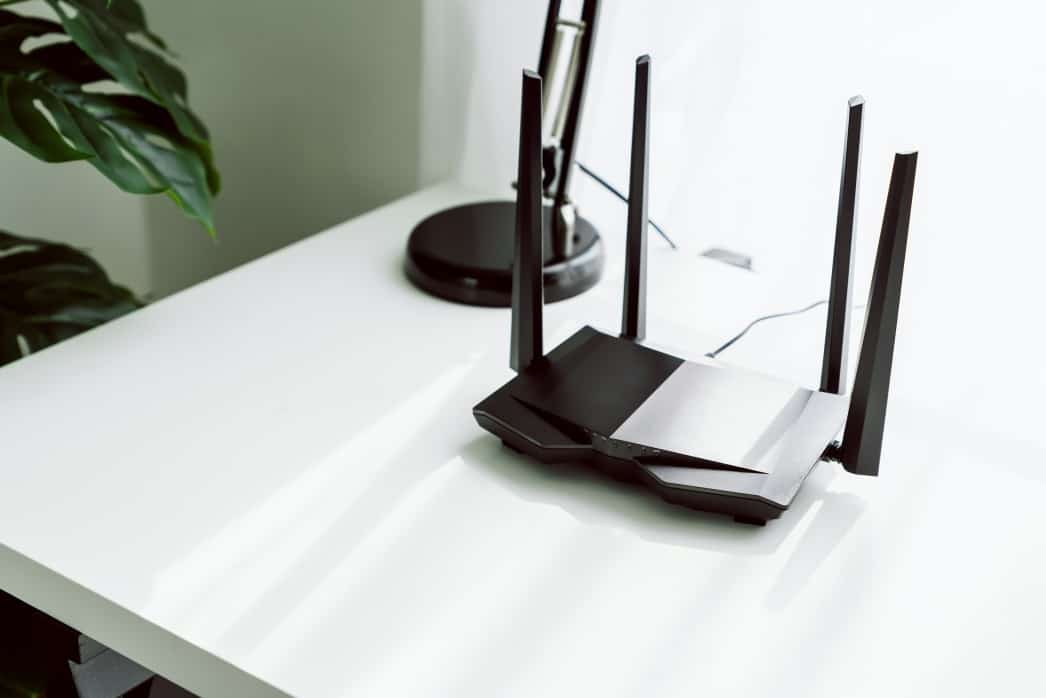




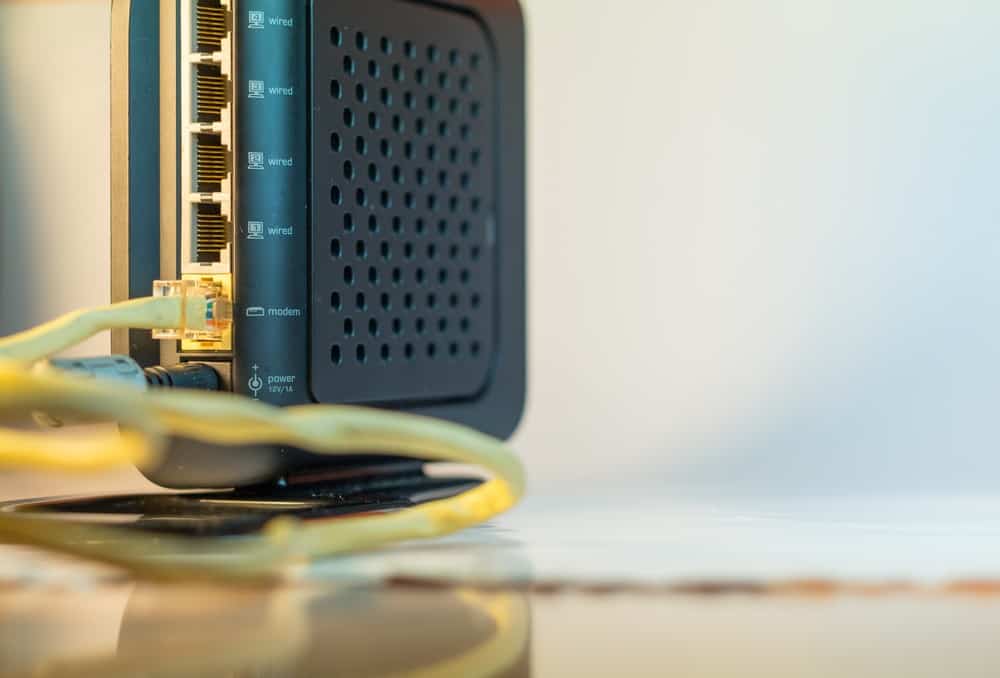


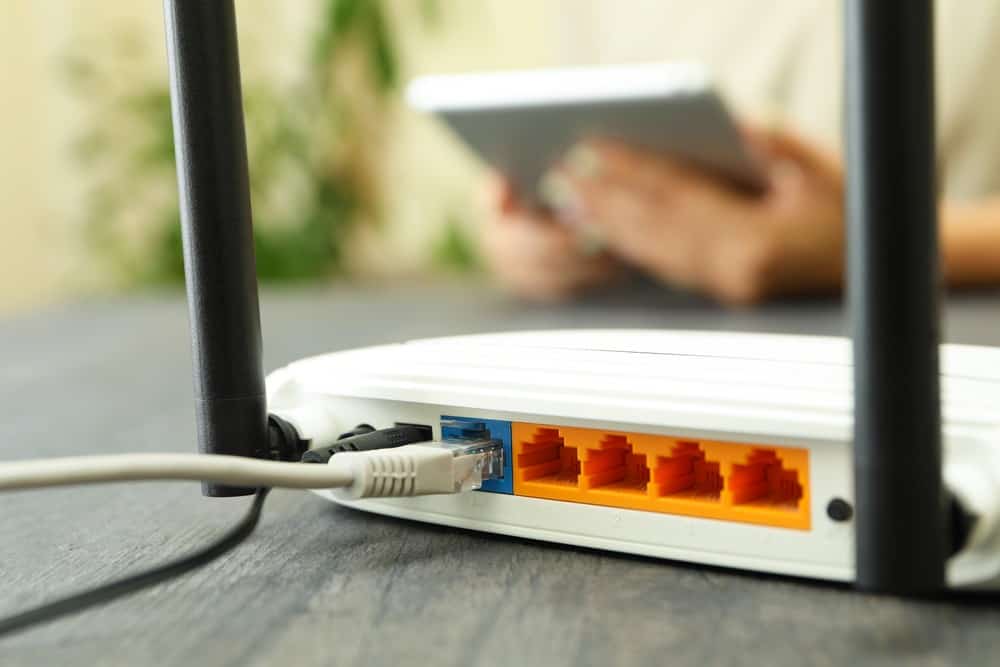
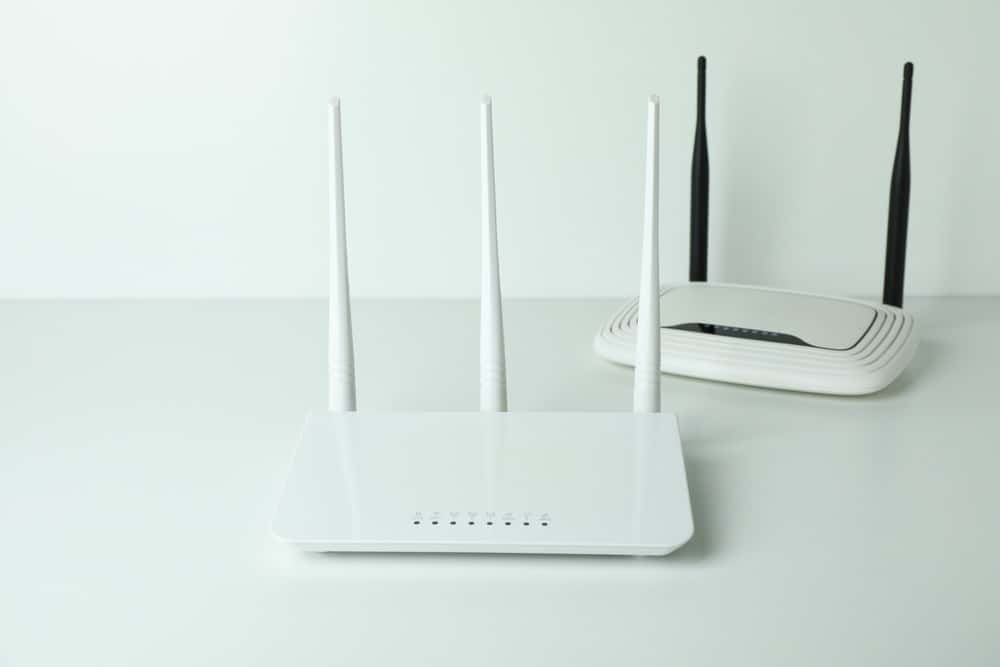
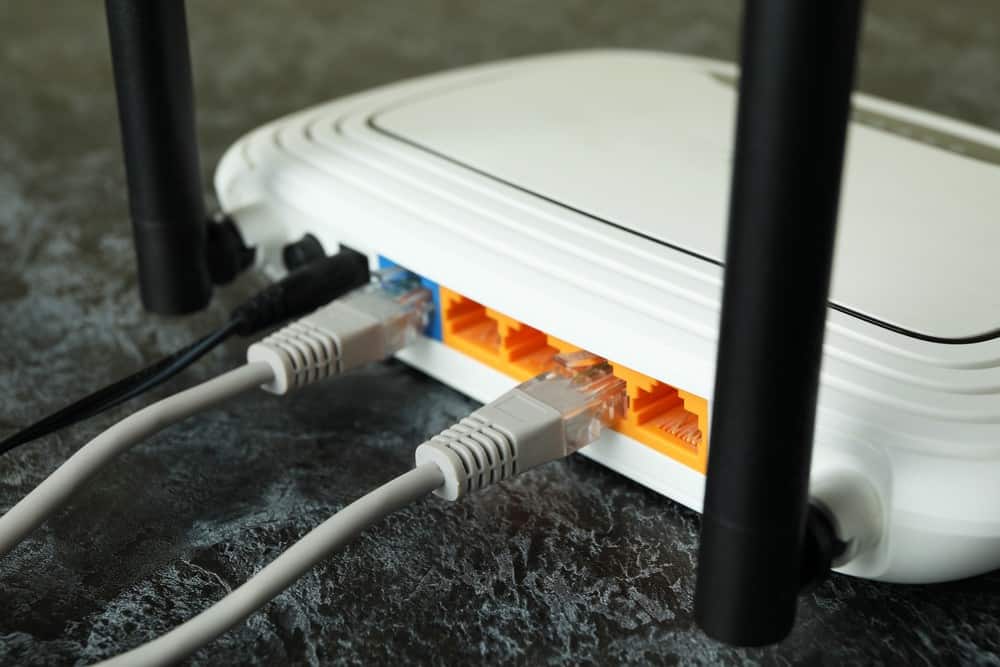
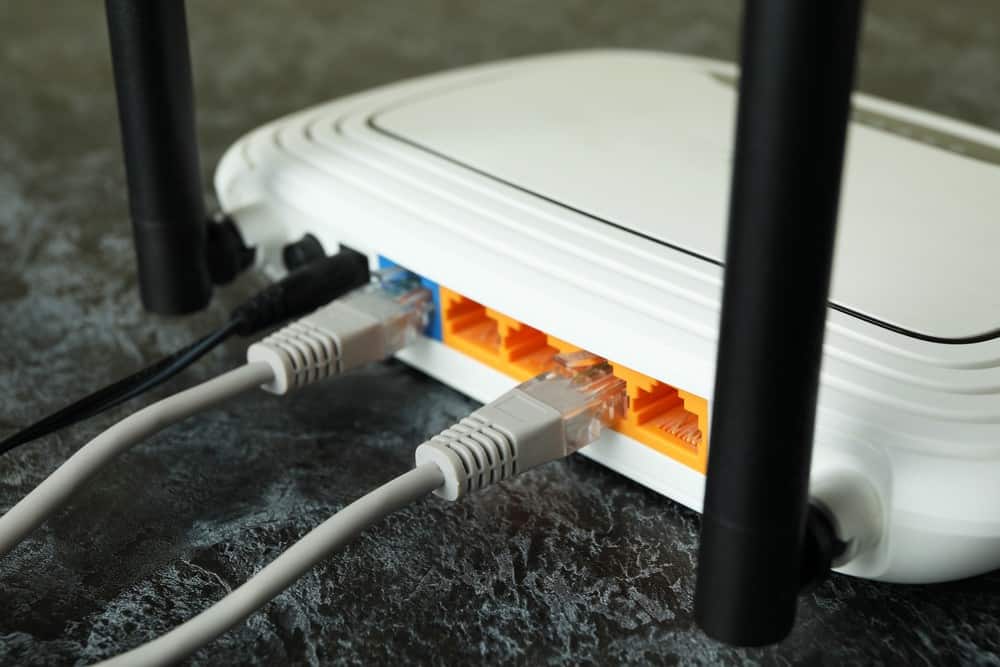


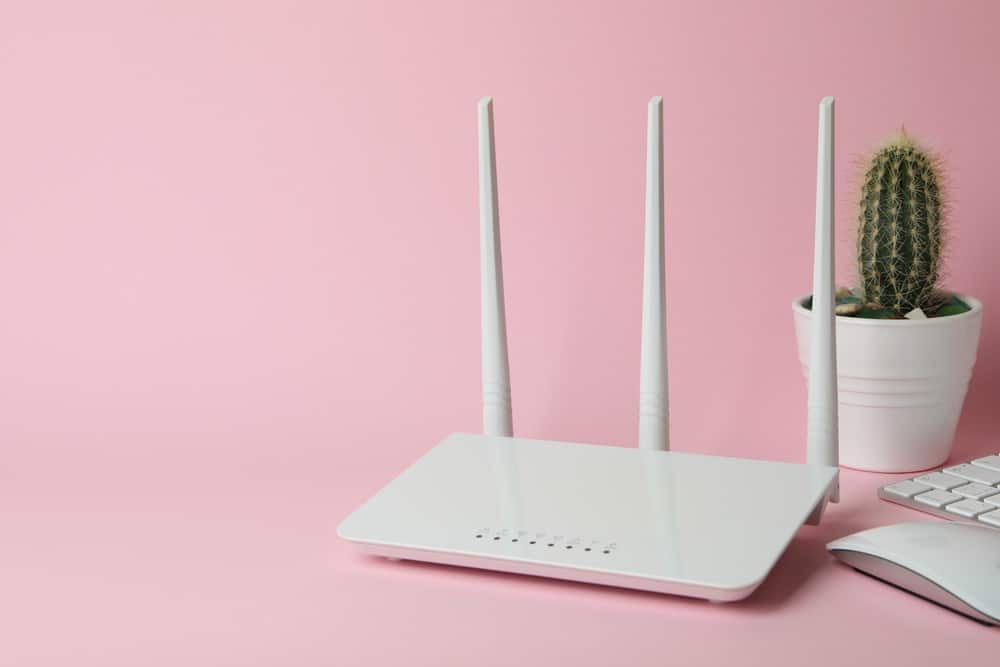
![Best BenQ Monitors in [year] 32 Best BenQ Monitors in 2026](https://www.gadgetreview.dev/wp-content/uploads/best-benq-monitor-image.jpg)
![Best Wifi Extenders For FiOS in [year] 33 Best Wifi Extenders For FiOS in 2026](https://www.gadgetreview.dev/wp-content/uploads/best-wifi-extender-for-fios-image.jpg)
![Best Fiber Optic Routers in [year] 34 Best Fiber Optic Routers in 2026](https://www.gadgetreview.dev/wp-content/uploads/best-fiber-optic-router-image.jpg)
![Best VoIP Routers in [year] 35 Best VoIP Routers in 2026](https://www.gadgetreview.dev/wp-content/uploads/best-voip-router-image.jpg)
![Best Routers for 200Mbps in [year] 36 Best Routers for 200Mbps in 2026](https://www.gadgetreview.dev/wp-content/uploads/best-router-for-200mbps-image.jpg)
![Best Routers for Optimum in [year] 37 Best Routers for Optimum in 2026](https://www.gadgetreview.dev/wp-content/uploads/best-router-for-optimum-image.jpg)
![Best Routers for Apple in [year] 38 Best Routers for Apple in 2026](https://www.gadgetreview.dev/wp-content/uploads/best-router-for-apple-image.jpg)
![Best Routers for Frontier FIOS in [year] 39 Best Routers for Frontier FIOS in 2026](https://www.gadgetreview.dev/wp-content/uploads/best-router-for-frontier-fios-image.jpg)
![Best Secure Routers in [year] 40 Best Secure Routers in 2026](https://www.gadgetreview.dev/wp-content/uploads/best-secure-router-image.jpg)
![Best Routers for Google Fiber in [year] 41 Best Routers for Google Fiber in 2026](https://www.gadgetreview.dev/wp-content/uploads/best-router-for-google-fiber-image.jpg)
![Best Routers for Cox in [year] 42 Best Routers for Cox in 2026](https://www.gadgetreview.dev/wp-content/uploads/best-router-for-cox-image.jpg)
![Best Asus Routers in [year] 43 Best Asus Routers in 2026](https://www.gadgetreview.dev/wp-content/uploads/best-asus-routers-image.jpg)
![Best Linksys Routers in [year] 44 Best Linksys Routers in 2026](https://www.gadgetreview.dev/wp-content/uploads/best-linksys-routers-image.jpg)
![Best Routers for CenturyLink in [year] 45 Best Routers for CenturyLink in 2026](https://www.gadgetreview.dev/wp-content/uploads/best-router-for-centurylink-image.jpg)
![Best WiFi Routers for Multiple Devices in [year] 46 Best WiFi Routers for Multiple Devices in 2026](https://www.gadgetreview.dev/wp-content/uploads/best-wifi-router-for-multiple-devices-image.jpg)
![Best Wired Routers in [year] 47 Best Wired Routers in 2026](https://www.gadgetreview.dev/wp-content/uploads/best-wired-router-image.jpg)
![Best Routers for 4K Streaming in [year] 48 Best Routers for 4K Streaming in 2026](https://www.gadgetreview.dev/wp-content/uploads/best-router-for-4k-streaming-image.jpg)
![Best Cisco Routers in [year] 49 Best Cisco Routers in 2026](https://www.gadgetreview.dev/wp-content/uploads/best-cisco-routers-image.jpg)
![Best eero Routers in [year] 50 Best eero Routers in 2026](https://www.gadgetreview.dev/wp-content/uploads/best-eero-routers-image.jpg)


